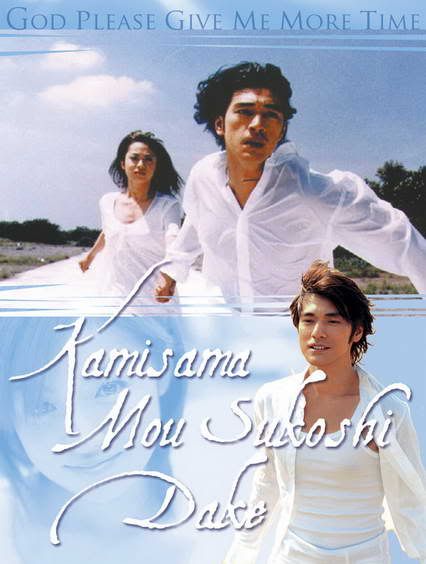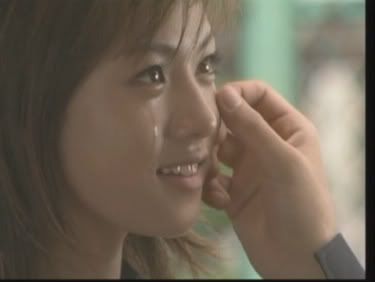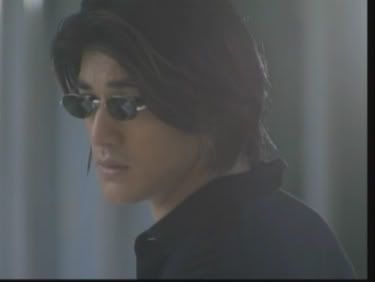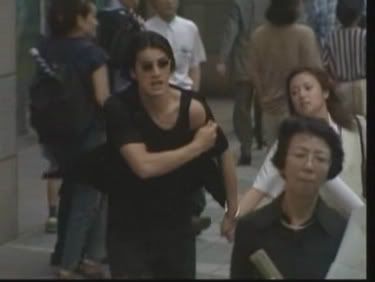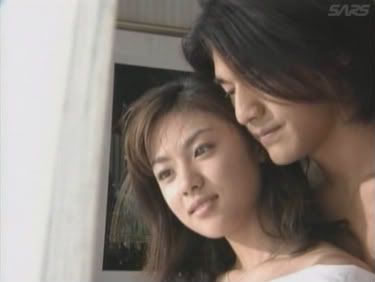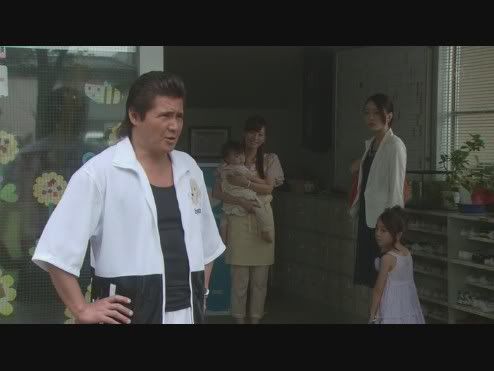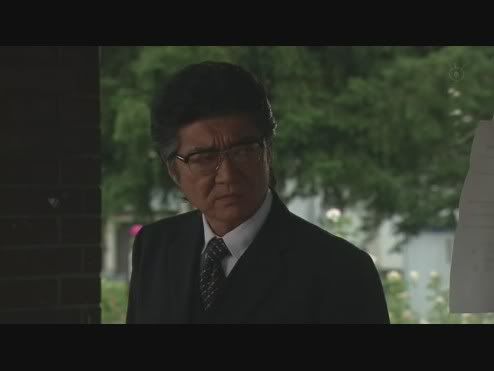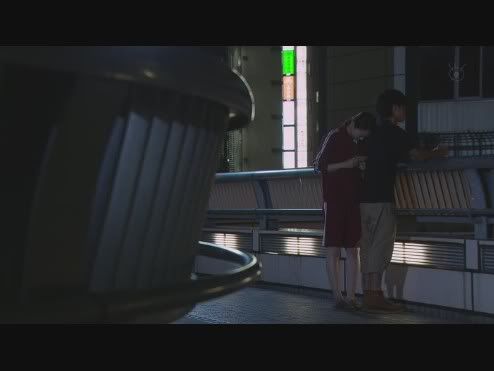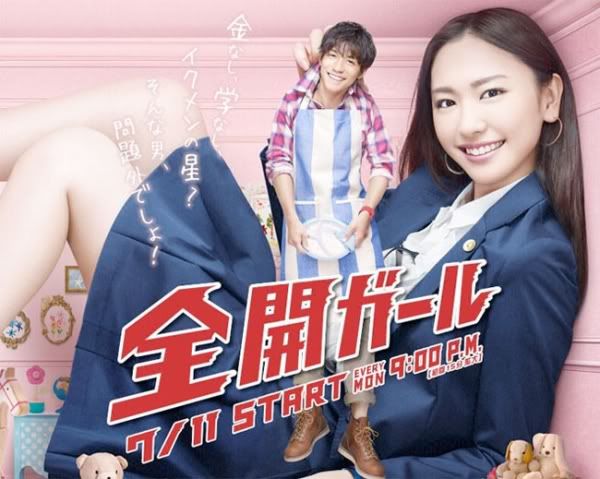
Info
Title: Zenkai Girl (Japanese: 全開ガール)
Episodes: 11
TV Station: Fuji TV
Broadcast Time: July 11, 2011 to September 19, 2011
Genre: Romance, comedy
Average TV Rating: 12.3%
Synopsis
Devoted to becoming an international lawyer, Ayukawa Wakaba is full of ambition. Her hard work pays off when she lands a job at an international law firm, but to her disappointment, the first prestigious assignment that is given to her is to babysit the boss' 5 year old daughter, Hinata. Wakaba loathes kids and nursing, but unwillingly takes on the job as she is fixated on wealth and success. One day when she goes to a preschool to pick up Hinata, she meets a man named Yamada Sota. Sota is a man without higher education, wealth, or a future goal, someone that Wakaba absolutely cannot stand, the complete opposite of her ideals. Once again, contrary to her will, she ends up looking after Hinata and a few other kids along with Sota. Despite being exhausted from all the first-time experiences in child care, Wakaba begins to realize what is truly important to her. A heart-warming comedy about work, relationships and love.
Cast
Aragaki Yui as Ayukawa Wakaba
Yanagimachi Kahana as young Wakaba
Nishikido Ryo as Yamada Shota
Samejima Sakuragawa Law Firm:
Yakushimaru Hiroko as Sakuragawa Shoko
Hirayama Hiroyuki as Shindo Kyoichi
Renbutsu Misako as Shioda Soyoko
Aoyama Noriko as Kujo Mika
Sato Jiro as Sakota Morice
Mitsuba no Mori Nursery School:
Takeuchi Riki as Hanamura Jin
Kaito Aiko as Hanamura Urara
Tani Kanon as Sakuragawa Hinata
Takagi Serai as Yamada Emitaro
Iguchi Koko as Hayashi Kobato
Aoki Keito as Chabo Junior
Kuroda Hiroyuki as Nishino Teppei
Restaurant Le Sato:
Suzuki Ryohei as Nishino
Minagawa Sarutoki as Torii Hiroshi
Arakawa Yoshiyoshi as Hayashi Samao
Suga Tomio as a Le Sato shopkeeper
My Review
Zenkai Girl follows your standard “money doesn’t buy happiness/love” plotline. Here, the main character Ayuwaka Wakaba (played by Aragaki Yui from Code Blue, Smile), is an ambitious female lawyer whom dreams of big money and being the “hawk of Manhattan.” In the process she has to babysit a 5 year old girl, Hinata, and meets a lower class guy, Shouta (Nishikido Ryo, 1 Litre of Tears) whom is also a single dad. It’s a plotline that’s been done a million times over. However, lack of originality isn’t necessarily a problem if the story is well executed. Papa to Musume no Nanokakan, another Aragaki Yui drama, has an unoriginal plotline of the main characters switching bodies but is quite a fun drama. That, however, is for another time.
The strength of the drama is its characters. All the characters in general are pretty likable, with solid development and great acting. The two main leads work well to develop each other, and they learn from each other.
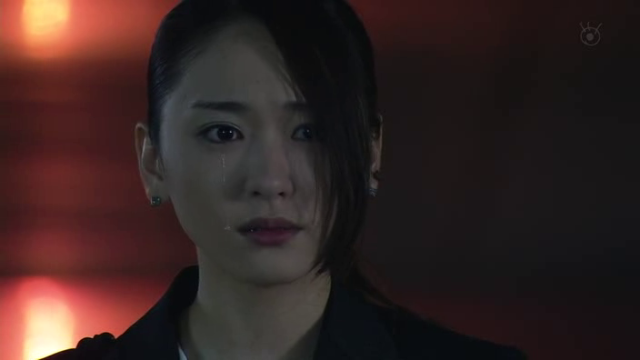
Anchoring the drama is a strong main character, Wakaba. She's very well developed, and she's played by Gakky, whom I've been a fan of since watching her in Smile. She's quite a diverse actress, who can play the more serious characters like she does here or the incredibly cute ones like she does in Smile. She does a good job here, portraying her character’s changing emotions, ambitions, and struggles quite well.
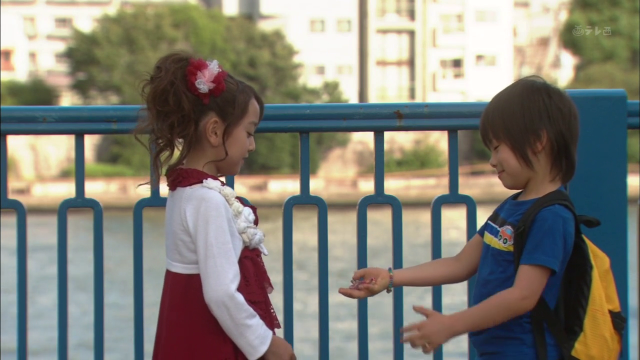
The kids in Zenkai Girl also stand out. Often in many shows or movies, kids can be annoying and/or their acting skills are glaringly bad. However, on Zenkai Girl the kids are pretty likable and cute characters, and their acting is actually pretty good. This was really nice to see.
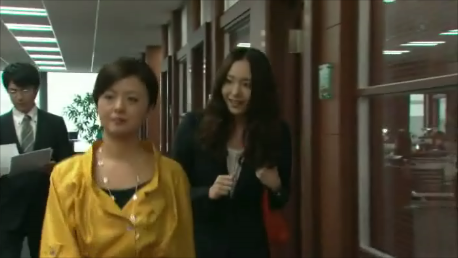
Also sticking out with a solid performance is Yakushimaru Hiroko (1 Litre of Tears), who plays Sakurakawa Noriko, Wakaba’s boss. Her character struggles to balance time between work and raising a kid. The developing relationship between her and her daughter, Hinata, was a really nice thing to see. There was also one scene in the last episode that was quite awesome, when she outsmarted another character who tried to take control of the law firm away from her.
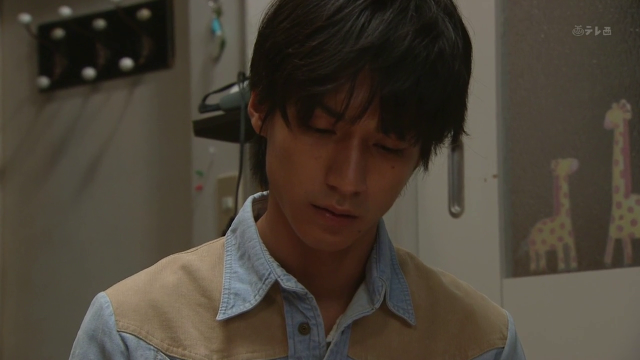
There was much debate among J-drama fans about Nishikido’s character, Shota. Many dismissed him as being wishy-washy and lacking ambition, particularly for not chasing his dream as a French chef. However, I thought he was quite a solid character and was well developed. He’s a single father, and it can be tough to raise a kid and chase your dreams at the same time. I thought his struggles were well done. However, I will say that the writers didn’t do enough to develop his French chef dreams. It’s touched upon for the first four episodes, but then the plot is just thrown aside and not even mentioned again until episode 10 when Shota suddenly decides to go to France for no other reason than to avoid Wakaba.
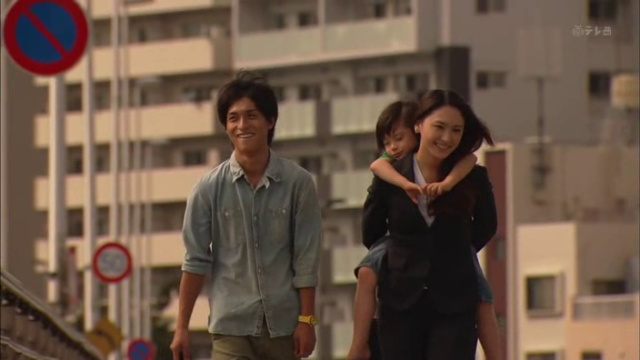
While the characters are pretty solid, the romance plot itself leaves a lot to be desired. The first half of the drama starts out very promising, building anticipation. Through the first 6 or 7 episodes, there’s plenty of build up in the relationship between the two main characters, Wakaba and Shota. The problem lies in the last 4 or so episodes, where everything goes off track because of new subplots and a series of annoying near-misses, misunderstandings, and delays. Wakaba and Shota’s relationship goes practically nowhere from episodes 8-10, and their relationship ends up being underdeveloped. It was also somewhat unconvincing that Wakaba actually learned that love doesn’t buy happiness, which is the main point of the drama. Then everything is slapped together at the end, to make sure the main characters get together.
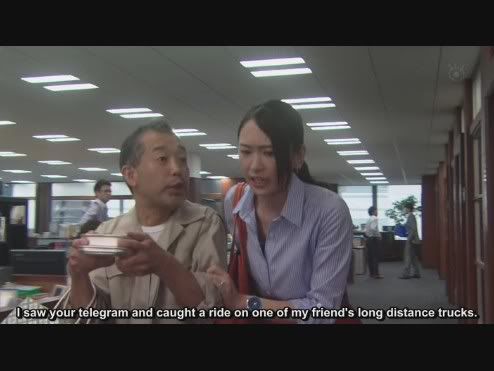
Among the subplots used in the last few episodes include Wakaba having to learn to accept her father’s sentiment (episode 8), a lawsuit involving a toy factory (episode 9), and a custody battle over Shota’s foster-son Pitaro (episode 10). I did like the storyline with Wakaba’s father, which helped develop her character further. Her father was mentally retarded, did the best to raise her, despite getting fooled and in debt. It was a great subplot and finished some loose screws that were left during the early episodes. However, the placement of the toy factory subplot could have happened much earlier in the drama. By the time the drama gets to the custody battle plot, it just feels like the writers are doing everything they can to delay Wakaba and Shota getting together until the last episode, trying to make it more dramatic.
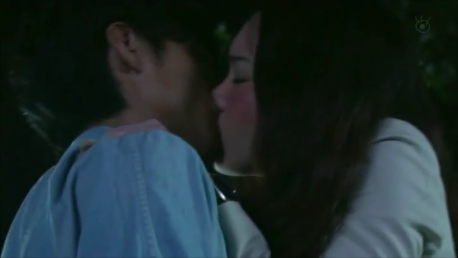
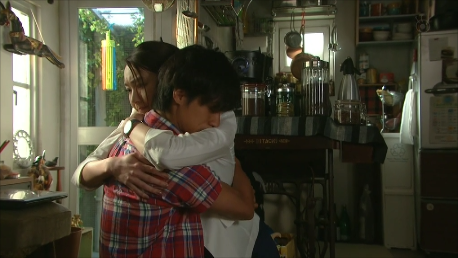

However, I will say that I did enjoy the interaction between the two leads throughout the series. We get a good sense of them developing from distrusting each other (mostly Wakaba cringing at the thought of Shota) to them slowly falling in love. I also really loved the ending of episode one, which had one of the goofiest and funniest kissing scenes ever, and the ending of the entire drama, which was really sweet.
Overall: 7.5/10- Overall it's a descent show, and a good watch for Gakky and Nishikido Ryo fans. However, it's not nearly as good as other romance dramas I've seen.
